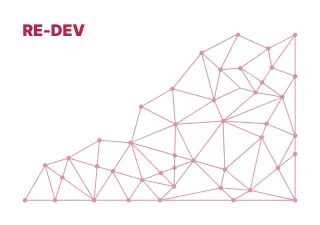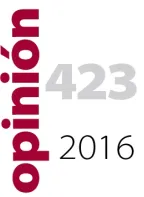RE-DEV
Assessing the transition to renewable energy in Rapidly Developing Countries
The RE-DEV project builds knowledge on how to facilitate a sustained transition to renewable energy in Rapidly Developing Countries.

Developing economies alone will account for all of the increase in global carbon emissions by 2035, with the largest share of it coming from power generation. To effectively reduce emissions, power investments have to be re-directed from high-carbon to low-carbon technologies and topped up by additional investments.
Renewable energy holds a promising potential, and could be the world’s largest source of electricity by 2050 ahead of fossil fuels, hydro and nuclear – saving billions of tonnes of carbon dioxide every year.
In developing economies, however, renewable energy investments are discouraged by high risks associated to technical, regulatory and financial barriers. As a result, project financing costs are up to 46% higher than in developed economies. Therefore, it is critical to shed more light into effective policies that can reduce investment risks and leverage renewable energy investments in developing economies.
To better understand the factors that influence renewable energy investments in developing economies, this project will examine the impact of domestic and international policies (in particular, the Paris climate agreement) upon investment risks. By so doing, this project aims to unravel how policy can reduce investment risks and leverage renewable energy investments in developing economies.
Researchers:
- Luigi Carafa
- Eckart Woertz




